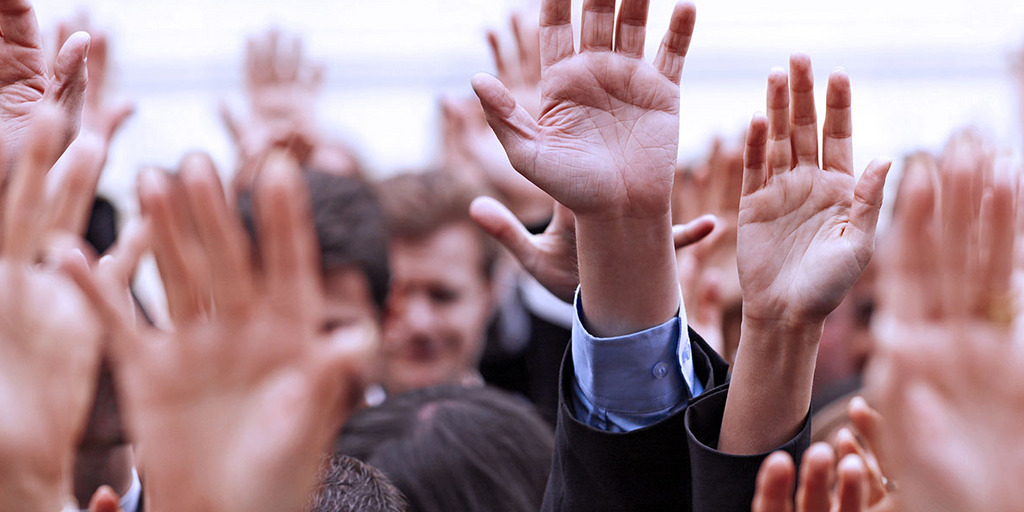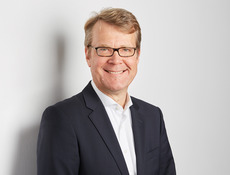This was the finding of a new study conducted by the Bertelsmann Stiftung in cooperation with Baden-Württemberg’s state counselor for civil society and citizen participation. For the first time, a nationwide representative study was conducted investigating how citizens' participation impacts democracy.
According to the study, joining in deliberation and decision-making processes has come to be just as important to Germans as casting their ballots. More than two-thirds (69%) of citizens polled for the study said, that they would like to have more frequent and direct decision-making power on political matters, and that they would like to have a wider selection of direct-democratic processes, such as referendums and petitions for referendums. "Citizens' expectations regarding democratic participation have changed. Voting alone is no longer enough for them. So, our democracy must become more varied," says Robert Vehrkamp, Director of the Bertelsmann Stiftung’s "Future of Democracy" program, who led the study.
A 2013 survey forms the centerpiece of the investigation. For the survey, mayors, council members, three administrative department heads and 100 citizens from 27 municipalities across Germany were interviewed. The overall sample of 2,700 citizens is representative for Germany as a whole.
The study demonstrates that new modes of citizens' participation enhance rather than weaken our democracy. "Voting, deliberating and deciding are already widely accepted forms of participation for citizens, and they should be expanded," says Gisela Erler, the State Counselor for Civil Society and Civic Participation in Baden-Württemberg. In fact, the study found that those who take part in processes of citizen dialogue and popular referendums are more likely to vote in elections, and vice versa. Moreover, two-thirds of surveyed citizens were more willing to accept results they do not personally support if they have previously been given an opportunity to have their voice heard in the decision-making process.




